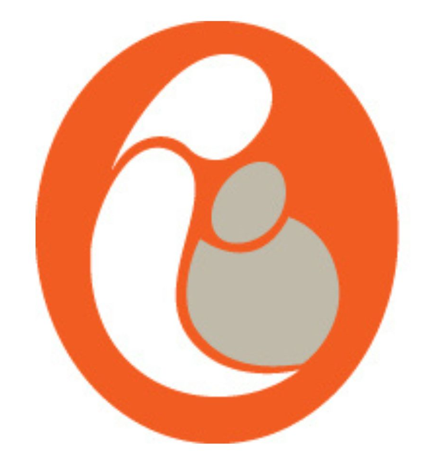To Operate or not to Operate? Challenges in diagnosis and management of an interstitial ectopic pregnancy
About
- A 44 year old woman presented for routine early pregnancy ultrasound where findings were suspicious for a tubal ectopic pregnancy. A diagnostic laparoscopy and uterine curettage were both negative. A subsequent transvaginal ultrasound confirmed a non-viable interstitial ectopic pregnancy. Conservative management was employed as she remained haemodynamically stable with reducing serum βhCG. Following ten weeks, her serum βhCG normalised and she was discharged.
- Interstitial ectopic pregnancy is a rare form of tubal ectopic pregnancy where implantation occurs within the proximal tubal segment that lies within the muscular uterine wall. Diagnosis may be challenging and is often delayed, thus resulting in increased morbidity than with other forms of tubal ectopic pregnancy. Management of interstitial ectopic pregnancy has traditionally been surgical with laparotomy and uterine wedge resection. Earlier diagnosis of smaller, non-ruptured haemodynamically stable cases has facilitated medical management approaches, while in non-viable cases conservative management has emerged as a treatment option.
People
- A Sheppard1, A Olaru1, D Hayes-Ryan1,2 , R Greene1,2
- 1. Department of Obstetrics and Gynaecology, Cork University Maternity Hospital, Ireland
- 2. National Perinatal Epidemiology Centre, University College Cork, Ireland





-1.png)